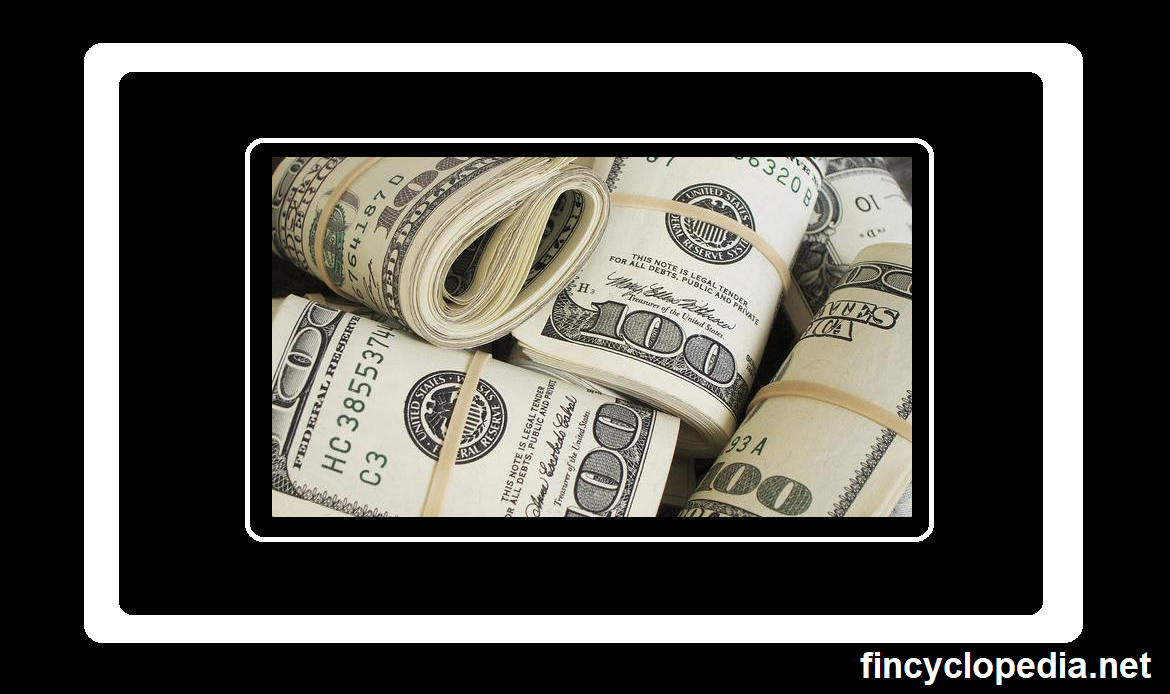The interest rate (expressed as a percentage rate of return, or yield) that is, or can be, earned by investing in money market instruments/ money market securities– i.e., liquid and short-term securities or those that are highly liquid (marketable) and mature at most by one year such as municipal notes, negotiable certificates of deposit (CDs), treasury bills of creditworthy countries, over a specific period of time.
Money market yield constitutes the total return on investing in money market securities/ instruments that is equal to the increase (decrease) in value of the securities above (below) the original purchase price plus any interest income earned (for a whole calendar year, without compounding). In other words, it is basically the 360-day adjusted holding period yield (HPY).
With HPY calculated as ((P – F)/P) where p denotes price and F face value, and t the number of days to maturity, money market yield (MMY) can be expressed as:
MMY = HPY × (360/t)= [(P – F)/P] × (360/t)
By nature, money market yield does not account for the effect of compounding as in its calculation the total return is discounted on a linear basis.




